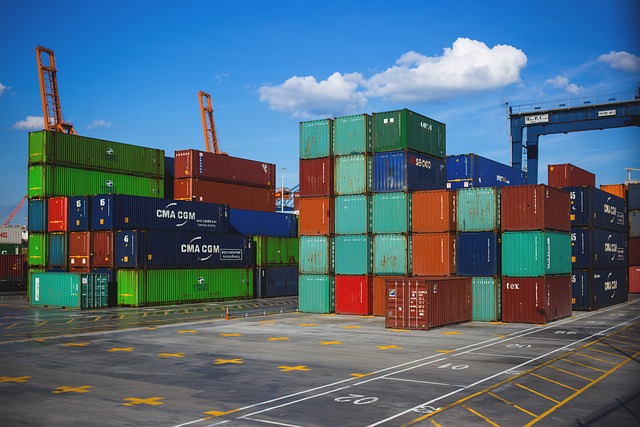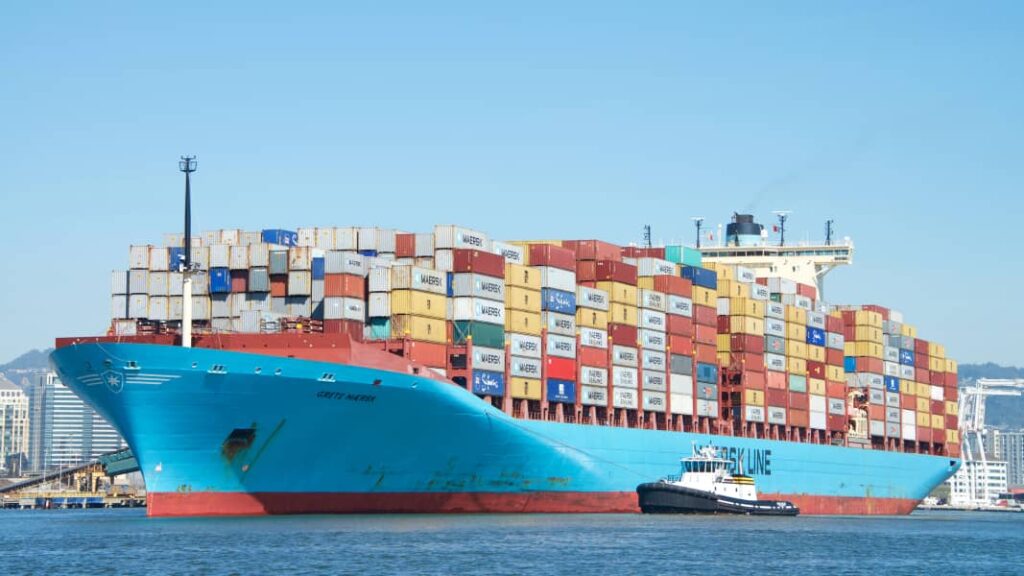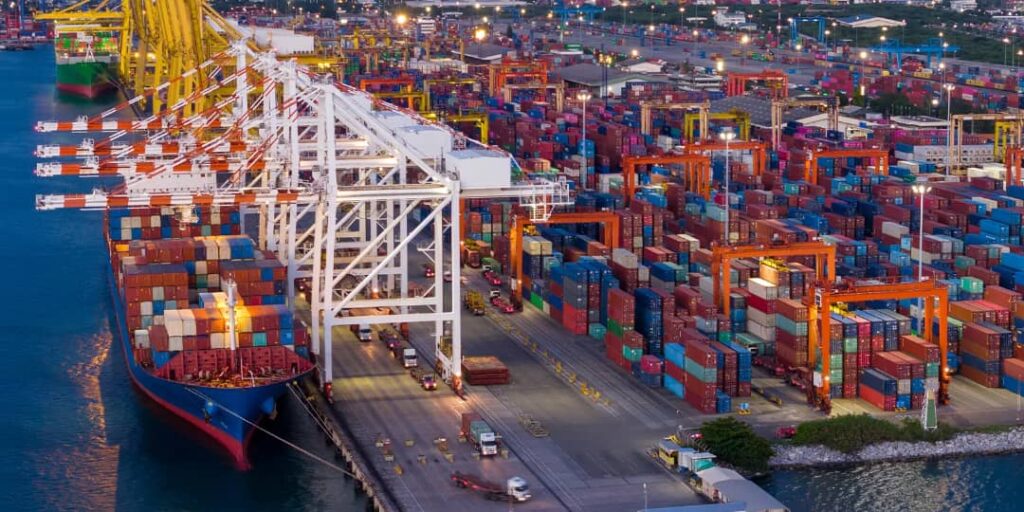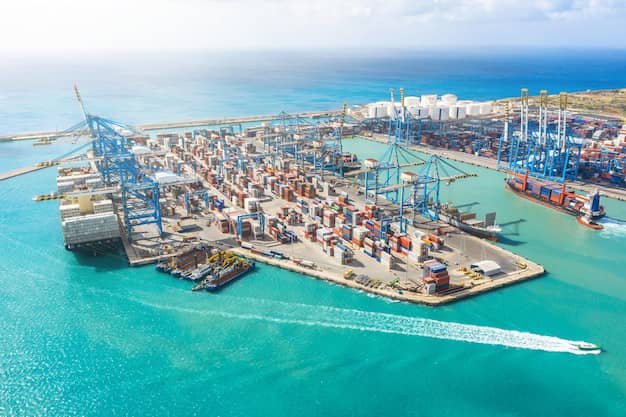Port are nexus in supply chains as they support the interaction between global supply chains and regional production and consumption markets. Global supply chain has become complex, pressuring the logistics industry to simultaneously improve their costs, performance and resilience to disruption. Port congestion significantly disrupts global supply chains by causing delays in cargo delivery, increasing shipping costs, leading to inventory management challenges, and ultimately impacting the availability and price of goods for consumers, Industries using just-in-time (JIT) system are especially affected, as they rely on precise timing for material to keep production running smoothly.
WAYS PORT CONGESTION AFFECT GLOBAL SUPPLY CHAIN.

1. Delays in shipments: When port are congested, vessels may have to wait longer to dock, unload or load cargo. These delays can cascade through the supply chain resulting in missing of deadlines, loss of sales, and damage to reputation.

2. Increased costs: Extended waiting times often lead to additional expenses such as DEMURRAGE FEES (charges for delayed cargo handling) and higher fuel costs. These extra expenses can lead to increase in shipping rate and ultimately raise the price of the goods or product.

3. Increased risk of cargo damage: Congestion of port can lead to increase in cargo damage due to increased handling and re-handling of the cargo, exposing of cargo to environmental factors, longer storage time and high risk of cargo theft or loss.

4. Increased carbon emissions: Port congestion can lead to increased carbon emissions into the environment or atmosphere due to long waiting times for vessels resulting in increased fuel consumption and increased use of auxiliary engines.
5. Economic Impacts: Congestion of port have significant economic impacts on increased costs for consumers, reduction of economic growth, negative impact on trade relationships and global commerce.

To mitigate the effects of port congestion, supply chain stakeholders can consider strategies such as:
- Diversifying shipping routes and ports
- Implementing real-time tracking and monitoring
- Optimizing inventory management and JIT manufacturing
- Investing in digitalization and automation
- Developing contingency plans for port congestion
In summary, port congestion creates bottlenecks that delay shipments, increase operational costs, disrupt inventory management, and introduce significant uncertainty into global supply chains—all of which can have far-reaching effects from manufacturers to end consumers, by understanding the impacts of port congestion, supply chain stakeholders can proactively develop strategies to minimize disruptions and ensure resilient and agile supply chains.